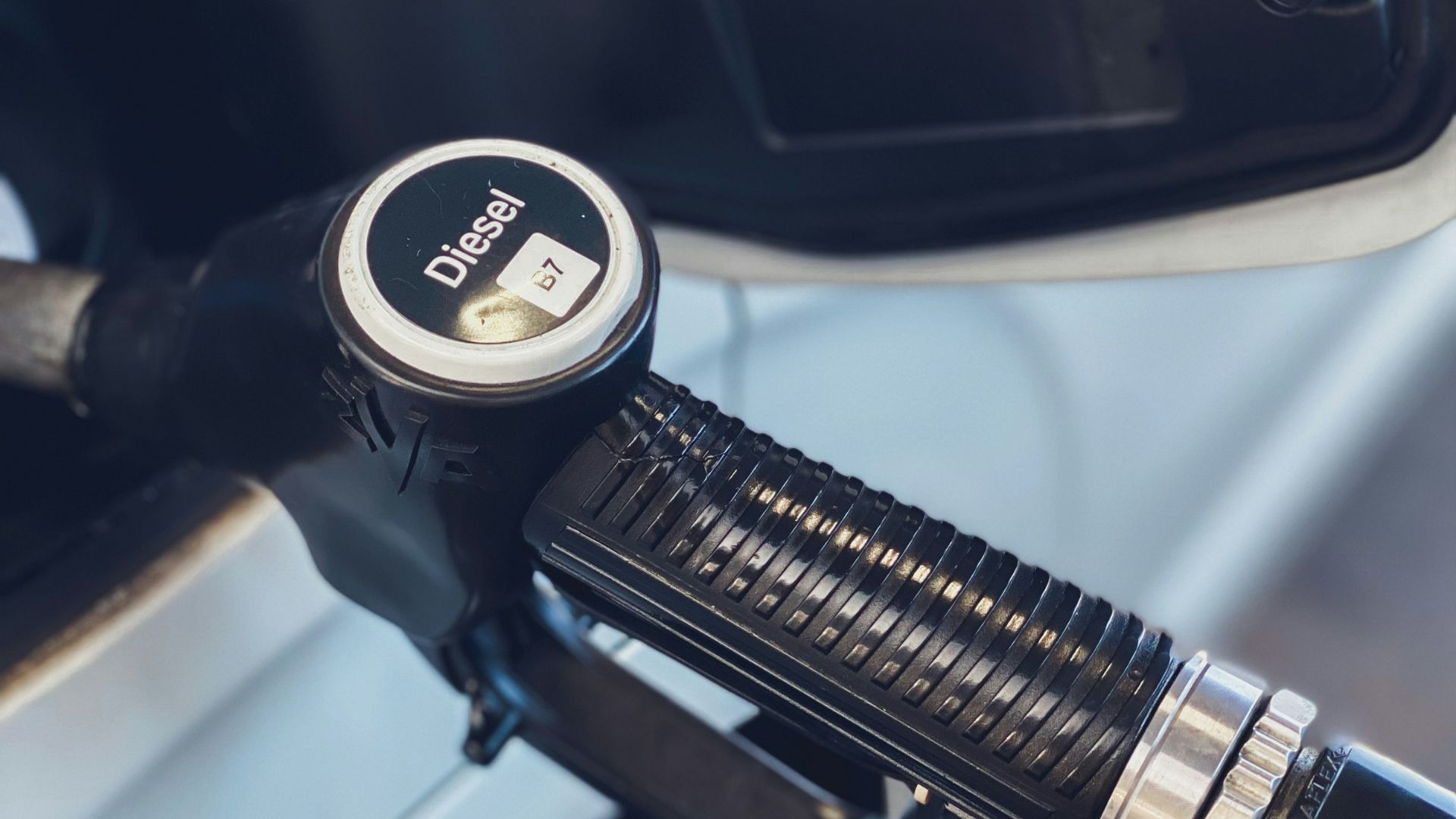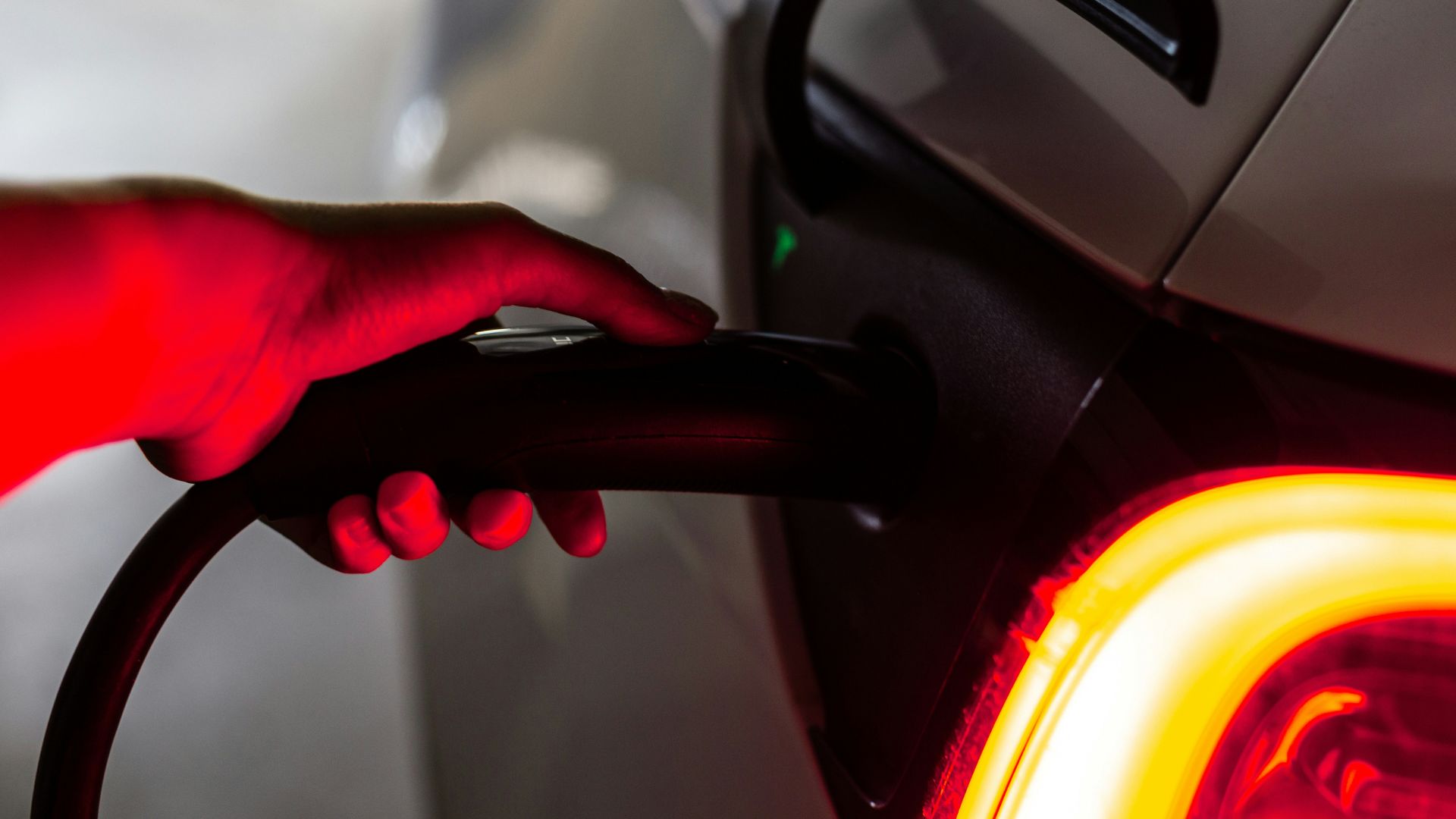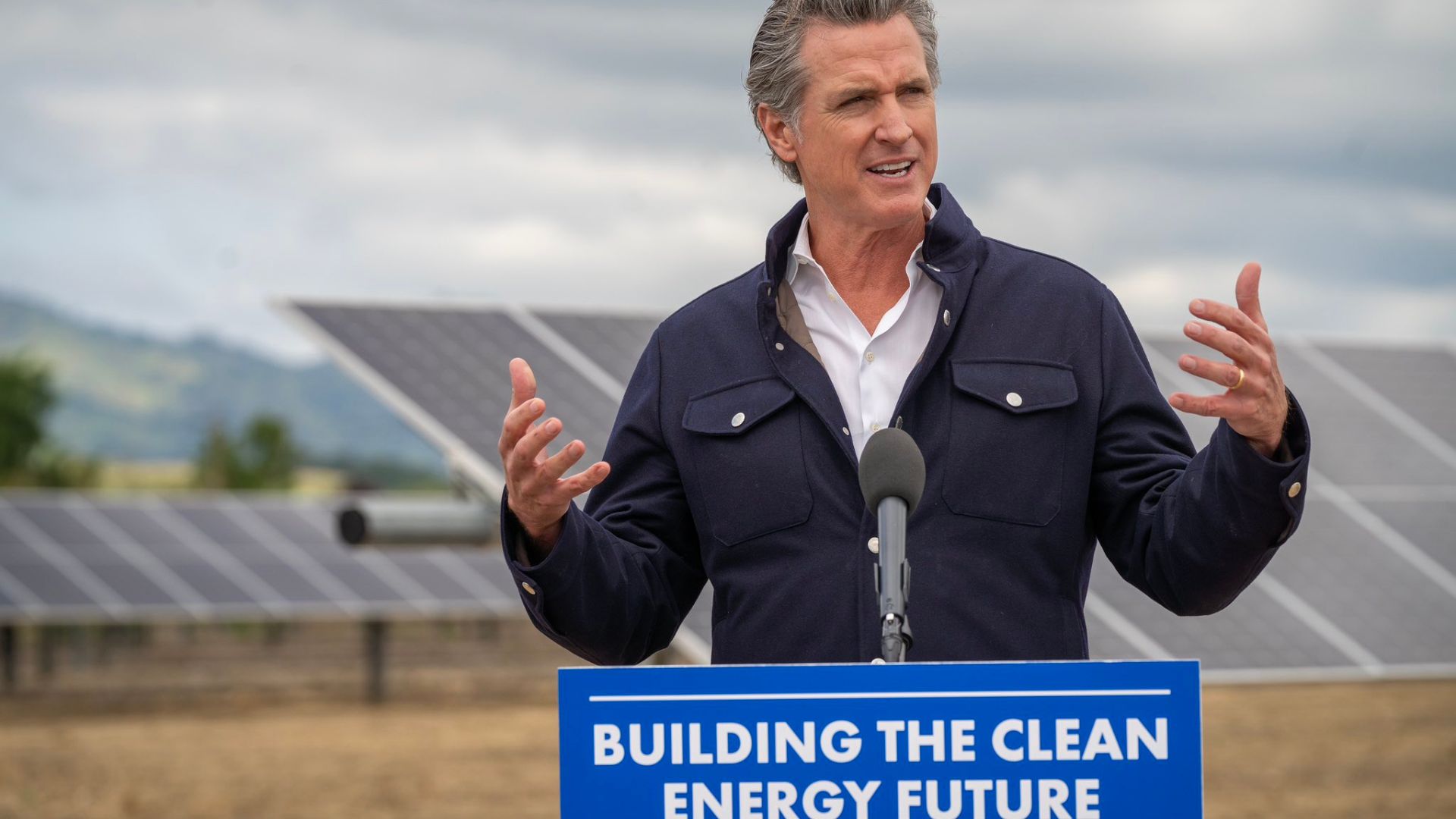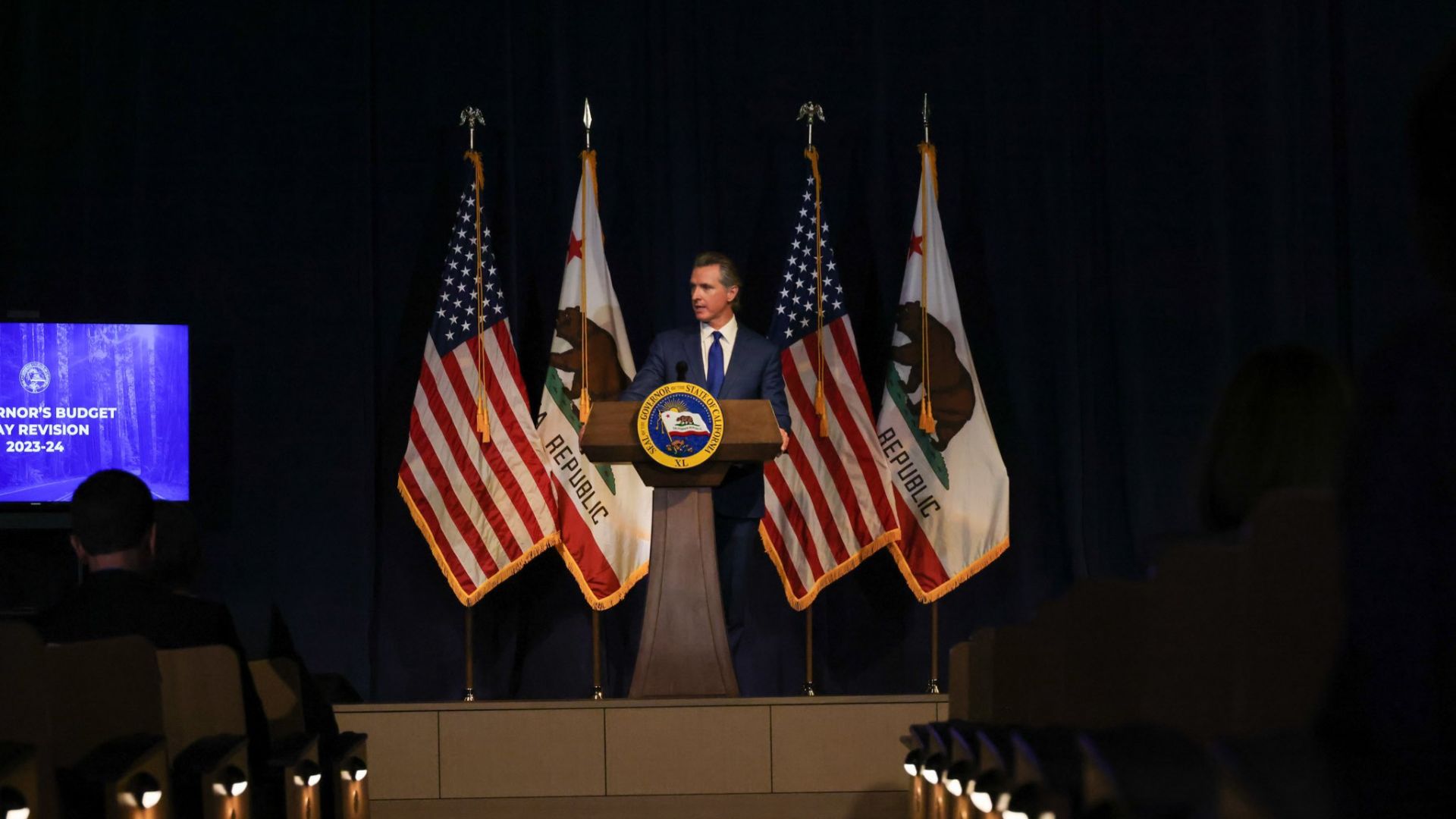Over the next couple of years, California is planning a not-so-publicized 50-cent hike in gas taxes. This increment, which isn’t part of the existing fuel taxes, aims to enhance initiatives for cleaner air.
Senator Janet Nguyen from California expressed her concerns, highlighting the financial strain this would cause: “The middle class, the low income, they can’t afford gas to go to school, work or grocery or the doctor’s office.”
CARB Predicts a Rise in Fuel Prices

The California Air Resources Board (CARB) oversees the state’s environmental guidelines and reported last fall that gas prices are set to climb by roughly 50 cents per gallon next year to support clean air projects.
This increase is planned to be an annual affair for the foreseeable future.
Nguyen Speaks Out on the Hidden Tax

Senator Janet Nguyen is raising alarms about the gas tax increase, labeling it a covert operation that could hit Californian pockets hard.
She told Fox News Digital, “No one knows about this. I think people just think it’s a tax, so they don’t know the difference between the carbon tax versus the state tax. It’s almost like a tax on the tax.”
Fuel Prices on the Rise

A CARB report has projected that, starting from next year, reforms to the Low Carbon Fuel Standard set in 2007 will push gas prices up by 47 cents and further to 52 cents by 2026.
Diesel isn’t left out, with an expected rise of 59 cents this year and 66 cents in two years.
Revised Projections from CARB

CARB later described their earlier gas price predictions as “incomplete” in a December follow-up report.
They shifted focus to emphasize the potential savings drivers could enjoy as the transition to electric vehicles accelerates.
Shifting Gears to Zero Emissions

New regulations by CARB are fast-tracking the switch from oil-based vehicles to zero-emission alternatives.
This bold move is part of California’s comprehensive strategy to slash air pollution and greenhouse gas emissions significantly.
The Electric Vehicle Mandate by 2035

California is setting a bold precedent with a mandate that by 2035 all new cars sold must be electric.
This visionary rule is influencing other states as well, nearly 20 of which have already adopted similar standards.
Unveiling the California Climate Commitment

Governor Gavin Newsom laid out the California Climate Commitment two years ago, setting the stage for a radical reduction in greenhouse gas emissions by 85% by 2045 and decreasing oil demand by 94%.
The plan focuses on harnessing renewable energy and stepping away from fossil fuels.
Forecasting a Steep Rise in Fuel Prices

Looking further ahead, CARB’s projections suggest a significant uptick in fuel costs.
From 2031 to 2046, gas is expected to rise by $1.15 per gallon, diesel by $1.50 per gallon, and jet fuel by $1.21 per gallon.
Governor Newsom’s Call to Action on Climate

Governor Newsom, in a declaration made last August, emphasized the urgent need for decisive action against climate change.
He stated, “We can solve this climate crisis if we focus on the big, bold steps necessary to cut pollution.”
The National Influence of California’s Auto Regulations

California’s aggressive vehicle regulations are poised to impact more than 40% of Americans as other states follow suit.
This move towards electric vehicles is a critical element in reducing dependency on fossil fuels and enhancing cleaner transportation nationwide.
The Implications of California’s Gas Tax Hike

The upcoming increase in gas tax by 50 cents is part of California’s strategic plan to promote environmental sustainability and facilitate the switch to cleaner energy.
While this will initially impact consumers financially, it is anticipated to bring extensive long-term benefits, like significant reductions in air pollution and greenhouse gas emissions.
